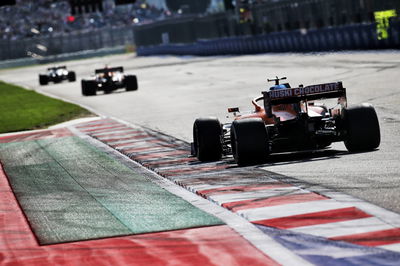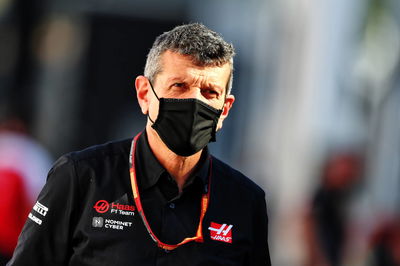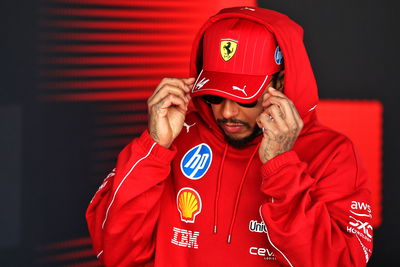F1 needs to address engine rules before attracting new manufacturers – Seidl

McLaren chief Andreas Seidl believes Formula 1 needs to firm up which direction to take with its power unit regulations before it can expect to attract any new manufacturers.
Last week Honda announced that it will quit F1 at the end of 2021, leaving just three manufacturers – Mercedes, Ferrari and Renault – in the sport from 2022 and beyond.
Seidl reckons there are two possible directions F1 could go in but stressed that it is “not realistic” for any newcomers to join the series under the current power unit regulations which are in place until 2026.
"I think that's the key question that needs to be answered first, where in the end, you have two possible directions,” Seidl said ahead of this weekend’s Eifel Grand Prix.
"One is obviously to keep trying to have power units in F1 in the future, which are leading edge technology, and a platform to develop future road car technology also.
"Or you go in another direction, which means you simply go for power units that are a lot less complex, and also a lot cheaper, moving forward.
"I think that's the key question that needs to be answered first before you then go into timelines of potential newcomers coming into into F1."
Asked what the deterrent was which ultimately stopped Porsche from entering F1, the former Porsche LMP1 boss replied: "I obviously can't comment on Porsche.
"But if you look at the bigger picture I think it's not realistic from my point of view at the moment that any new manufacturer will enter F1 in the next years, under these current regulations, because the investment you have to make plus the time you also need in order to have a competitive package available, it's just too big, and takes too long,” he added.
"So the key will be from my point of view that F1 together with the FIA and teams and the engine manufacturers plus potential new manufacturers needs to work out now a clear plan of first of all, how the new the next evolution of the power unit regulations, evolution or revolution, will look like.”
Seidl backed incoming F1 CEO Stefano Domenicali, who formally headed Lamborghini and the Volkswagen Group, to find solutions.
"I think it's also important for F1 to have discussions also with the automotive industry or with potential other power unit manufacturers, even private ones, to see what is the right direction to take on the power unit regulations," he explained.
"There have been some good discussions, also initiatives, in order to see how you could actually get costs down and simplify the power units also, in order to be more attractive, also for the likes of Ilmor or Cosworth.
"And I think that's something that needs to be looked into again, and then I'm sure that's something Stefano together with Ross [Brawn] and with F1, we look into this, with all the experience he has also working for the VW Group.
"And I'm sure that's quite high on the list at the moment in terms of priorities."












